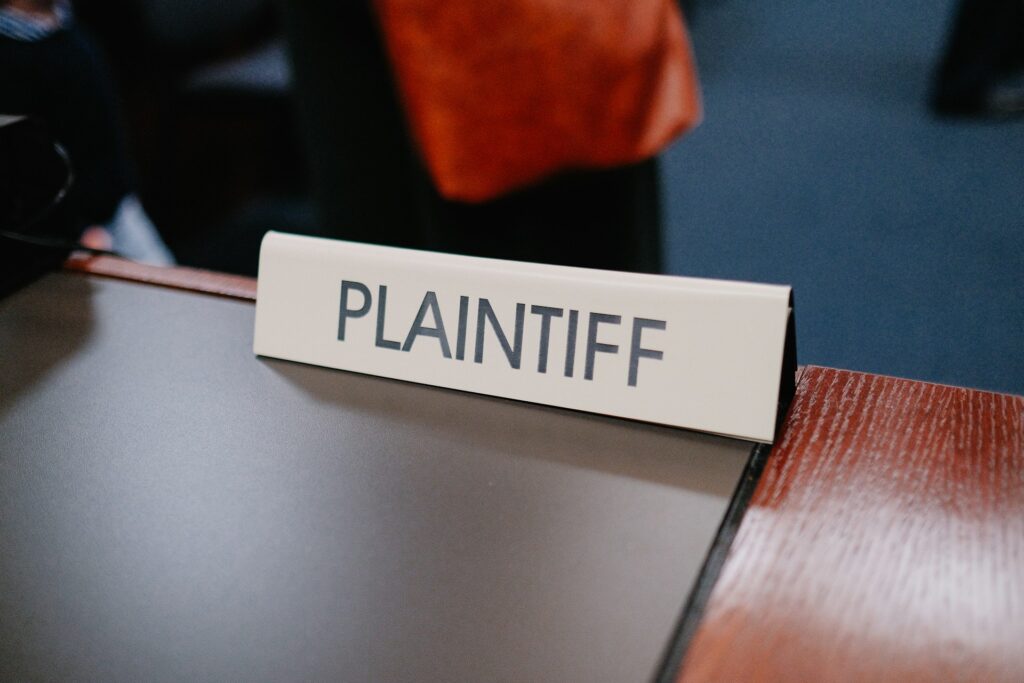In the realm of personal injury law, the outcome of a case can hinge significantly on the jury’s perception. Jurors come with their own biases, experiences, and understandings, which collectively influence their decision-making process. Understanding these dynamics is crucial for legal professionals as they prepare and present their case. This blog explores the impact of jury perceptions on personal injury cases and offers insights into effectively navigating these waters.
The Psychology of Jury Perceptions
Jury perceptions are shaped by a multitude of factors, from the jurors’ personal experiences with injury and recovery to their beliefs about accountability and the justice system. Additionally, societal attitudes towards lawsuits and the ‘litigation culture’ can color jurors’ views, potentially leading to skepticism about the legitimacy of claims or the severity of injuries.
Key Factors Influencing Jury Decisions
Several elements can influence how jurors perceive a personal injury case:
- Credibility of the Plaintiff and Witnesses: The believability of the plaintiff and their witnesses is paramount. Jurors are more likely to sympathize with plaintiffs they perceive as honest, genuine, and unjustly harmed.
- Clarity of the Evidence: Complex medical terms, legal concepts, and convoluted evidence can confuse jurors. Simplifying and effectively communicating key points is essential.
- Emotional Appeal: Emotional engagement can play a significant role. Stories that elicit empathy and connect with the jurors on a human level can be incredibly persuasive.
- Perceived Severity of the Injury: The apparent severity of the injury and its impact on the plaintiff’s life significantly affect jury decisions. Visible injuries or those with profound life-altering consequences tend to garner more sympathy.
- Defendant’s Conduct: The behavior and attitude of the defendant can also influence jury perceptions. Defendants perceived as negligent or indifferent to the plaintiff’s suffering may fare worse with jurors.
Strategies for Shaping Jury Perceptions
Given the importance of jury perceptions, attorneys must adopt strategies that positively influence jurors’ views:
- Build a Compelling Narrative: Craft a story that clearly illustrates the plaintiff’s experience, from the incident through the recovery process. A narrative that resonates on an emotional level can be highly effective.
- Simplify Complex Information: Use layman’s terms to explain medical diagnoses, treatments, and legal principles. Consider using visual aids or expert testimony to clarify complicated aspects of the case.
- Highlight Credibility: Ensure that the plaintiff and witnesses appear credible and relatable. Preparation for cross-examination is critical to maintain consistency and honesty in testimony.
- Demonstrate the Impact: Provide concrete examples of how the injury has affected the plaintiff’s daily life, employment, and relationships. Personal stories and testimonies can underline the extent of the injury’s impact.
- Address Juror Biases Directly: Acknowledge and address common biases or misconceptions head-on during the case. This might involve directly discussing the notion of ‘frivolous lawsuits’ or explaining the necessity of financial compensation for recovery.
Engaging with the Jury
Effective engagement with the jury involves more than just presenting facts; it requires understanding and addressing their perceptions and biases. This means:
- Observing Juror Reactions: Pay attention to non-verbal cues from jurors during the trial to gauge their engagement and understanding.
- Adjusting Strategies: Be prepared to adjust presentation strategies based on juror reactions and feedback during the trial.
- Closing Arguments: Use closing arguments to reinforce key points, address any lingering doubts, and appeal to the jurors’ sense of justice and empathy.
Conclusion
Jury perceptions play a critical role in the outcomes of personal injury cases. By understanding and strategically addressing these perceptions, attorneys can more effectively advocate for their clients. Crafting a compelling narrative, simplifying complex information, and engaging directly with the jurors’ biases and emotions are all essential strategies in this endeavor.
At Legal Needs, we understand the nuances of jury perceptions in personal injury cases. Our experienced team is adept at preparing and presenting cases that resonate with jurors, ensuring that our clients receive the justice and compensation they deserve. If you’re navigating a personal injury claim, contact us today to see how we can support your case.


